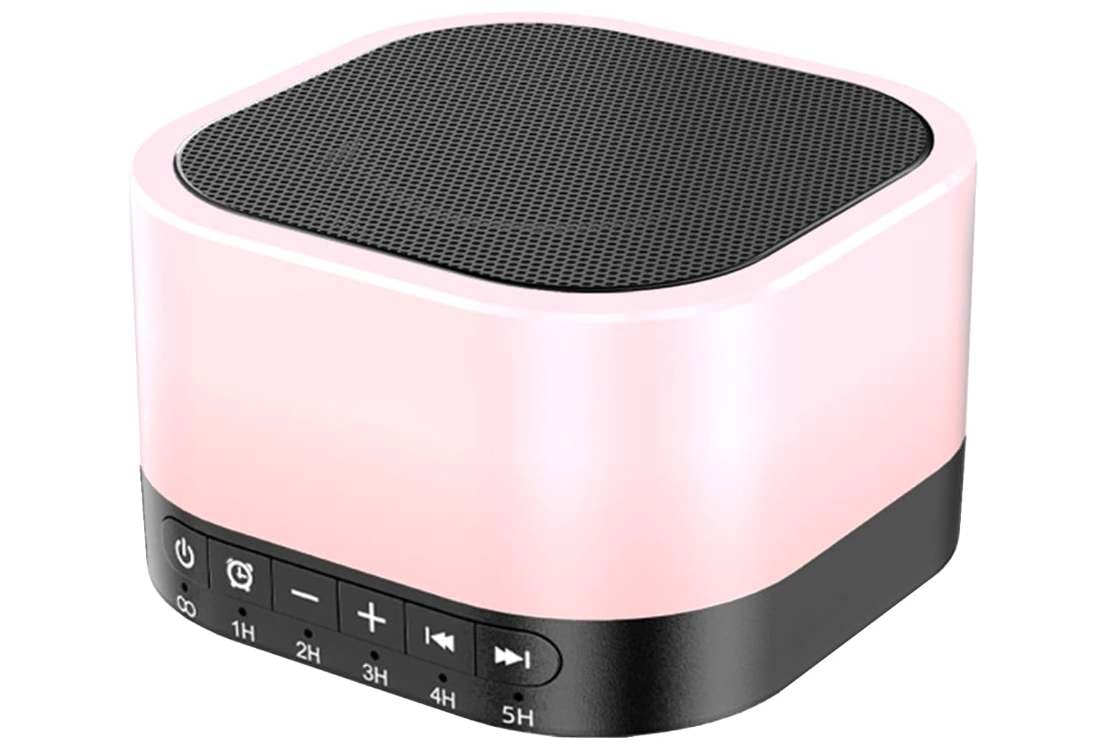—
This content is for informational purposes only.
Proper oral hygiene is vital for healthy gums and teeth. It includes doing simple things such as brushing and flossing daily. You also need to find a dentist office in Port St. Lucie, Florida, and visit it regularly for cleanings and exams.
With these expert-proven tips and practices, you’ve got the best chance for lifelong oral health and a beautiful smile. Let’s discover more about the best practices to help you maintain your oral hygiene and have sparkling teeth.
Brush Your Teeth Twice a Day for About Two Minutes Each Time
Keeping your teeth and gums clean and healthy starts with regular maintenance. Popularly known as the 2×2 rule, brushing your teeth twice a day and for two minutes helps keep plaque away. You should introduce this rule to your family members early enough, especially children, and find innovative ways to make it as fun as possible.
For kids, you can use a timer to know when two minutes have passed exactly. Alternatively, you can introduce simple songs they can sing and play as they brush their teeth. Try to spend approximately 30 seconds on each of your mouth’s quadrants to ensure every tooth is well-cleaned. Ensure you clean each quadrant, from the upper right side and upper left side to lower right side and lower left side.
Use the right brushing techniques to ensure your teeth are being cleaned properly and the soft tissue around them isn’t damaged. Using gentle circular motions, angle your brush’s head towards the gums. Clean all surfaces, including the gum line, both on the backs and fronts of your teeth. If an electric toothbrush delivers good services, you can use it as well.
Floss Regularly
Oral health experts recommend that you should floss each night before brushing. Flossing helps remove anything a toothbrush cannot dislodge. Most individuals who visit dentist offices admit that they don’t floss daily. Flossing is a crucial part of any healthy routine. Those who brush their teeth and decide not to floss allow small food particles and other deposits to accumulate and decay.
To sidestep this, ensure you take approximately two minutes daily to floss. If you are new to flossing, your sensitive gums may hurt. Don’t worry if this is the case. It’s natural and will stop after flossing for some days. Slide it down and up when flossing across your mouth. Ensure you reach those tight spaces. In fact, these are the most important places to floss since your toothbrush cannot reach them.
Don’t Overbrush
You shouldn’t overbrush your teeth. Don’t brush more than twice daily and for longer than four minutes. Overbrushing could easily wear down your teeth’s enamel layer that protects them. When the enamel isn’t available, the dentin layer is exposed.
This layer has small holes that lead to the endings of nerves. When triggered, then you should expect a lot of pain in your mouth. About 20% of adults who overbrush their teeth have experienced increased sensitivity and pain in their teeth.
Replace Your Toothbrush after Every 3 Months
Experts recommend changing your brush after every three months. After three months, a brush isn’t in excellent shape to clean your teeth well. Frayed or damaged toothbrushes cannot clean the teeth’ surface properly and can easily damage your gums.
Also, if you replace your toothbrush regularly, as recommended, it’ll remain clean. Another important practice you need to remember is to rinse your toothbrush thoroughly and store it well to allow for proper drying. It’s also important to replace your toothbrush after any illness to prevent the re-introduction of bacteria into your mouth.
Visit the Dentist Every Six Months
You need to find a top-rated dentist office and make regular visits. Oral health experts recommend visiting your dentist for a check-up at least twice a year. Many people don’t find a reason to visit their dentists because they feel that they don’t have any dental problems.
Regular dentist visits help identify potential issues and allow the health expert to offer the best treatment before they worsen. Also, your dentist can provide much-needed advice on good oral hygiene maintenance practices. They can recommend the best types of toothpaste and toothbrush you should use. They’ll also recommend how often you should visit a dentist’s office, brush and floss.
Use an Antiseptic Mouthwash
An antiseptic mouthwash should be your oral health routine’s important component. It contains an agent that helps reduce or eliminate the risk of gingivitis and plaque, significantly minimizing the amount of bacteria in the mouth.
With an antiseptic mouthwash together with regular flossing and brushing you’ll be sure to enjoy the benefits of excellent oral health.
Use Fluoride
Fluoride is obtained from the earth’s soil. Oral health experts believe that this element helps prevent cavities. As a result, it’s a common ingredient in mouthwash and toothpaste. You should try as much as possible to avoid oral products that don’t contain fluoride.
A lack of this element can result in tooth decay, and this can occur even if you take care of your teeth. Flossing and brushing daily don’t prevent cavities when fluoride isn’t used.
Many organizations and authorities globally add fluoride to their water supplies. Leading health organizations recommend the use of fluoride in water, including:
- ADA
- CDC
- WHO.
Do you want to maintain your oral health and have sparkling teeth? If yes, include these best practices in your oral hygiene routine. While it’s advisable to brush and floss daily, you also need to eat healthy food and avoid smoking, as well as sugary drinks or foods.
Try as much as possible to use fluoride and an antiseptic mouthwash. Also, remember to replace your toothbrush after three months. With these tips on your fingertip, your gums and teeth can stay strong and healthy.
—
This content is brought to you by Coast Dental.
Photos provided by Coast Dental.
The post 7 Expert-Proven Tips to Maintain Oral Hygiene and Have Sparkling Teeth appeared first on The Good Men Project.
Original Article










